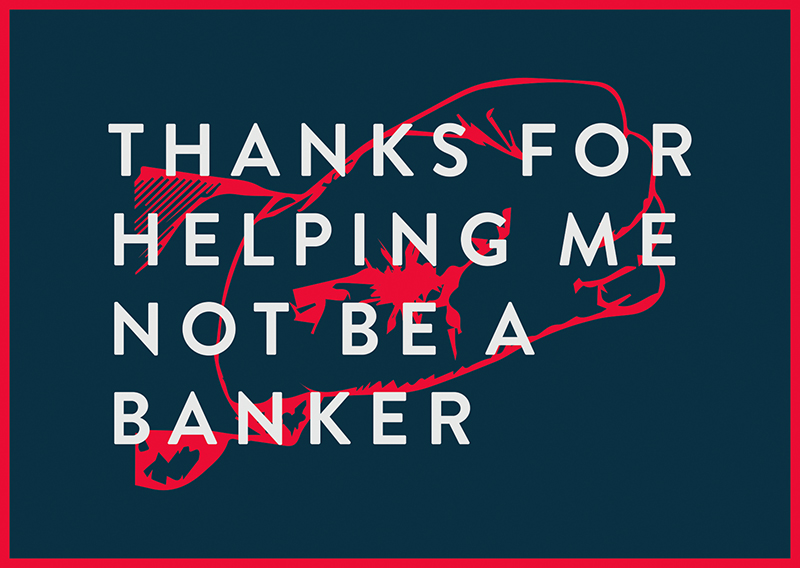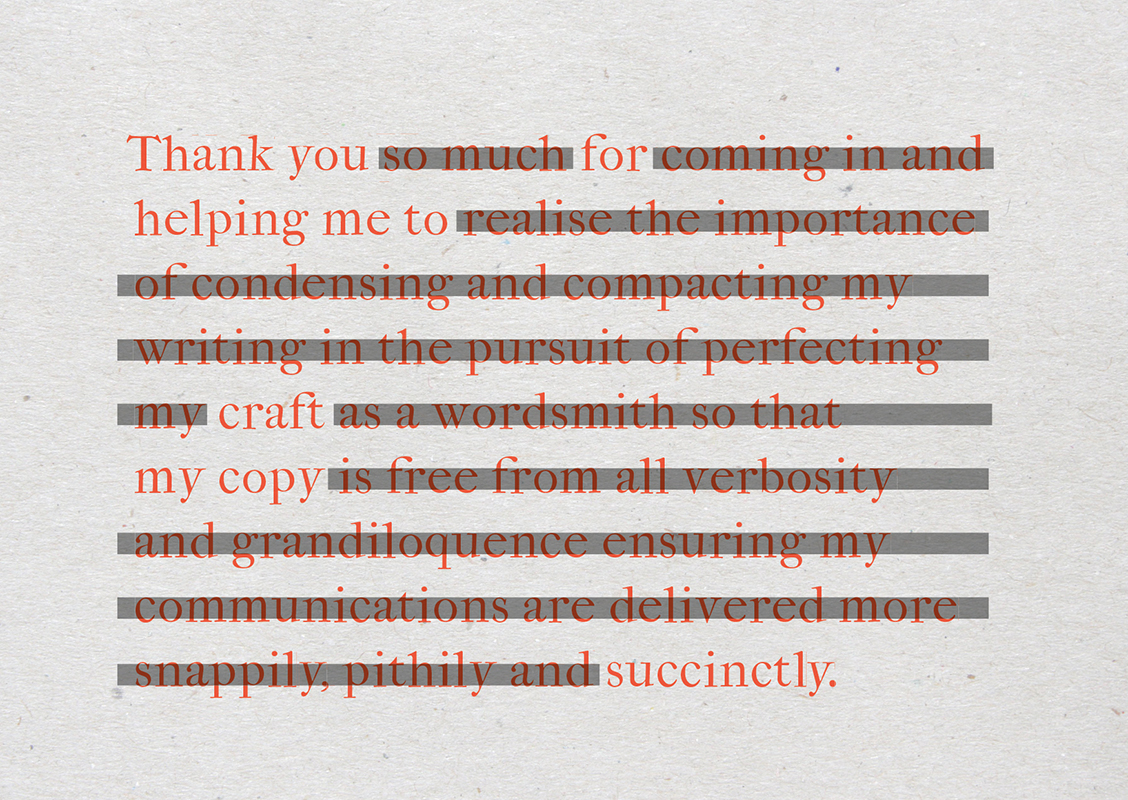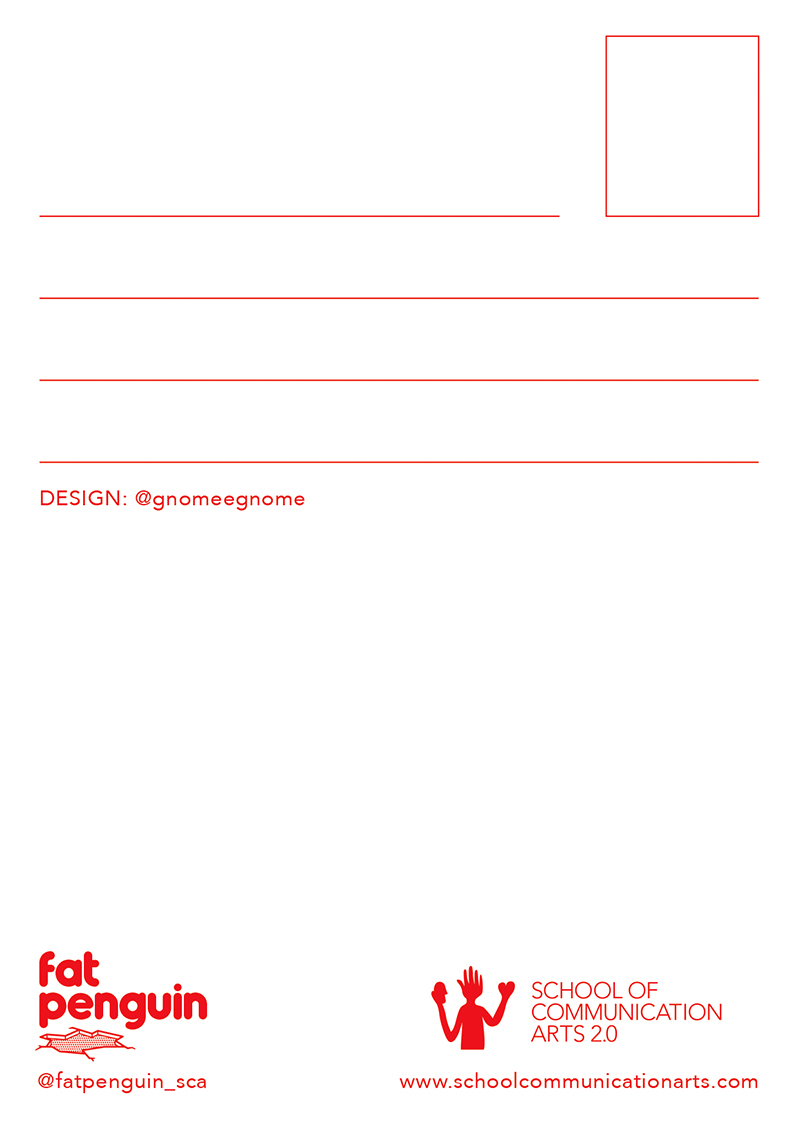Get more from your mentor
Key steps for students, interns and new designers to build a successful relationship with your mentor.

For all the books on design and creativity, there’s no substitute for having a stream of mentors in your life – either as a creative student, intern or new designer.
I learned this lesson while studying at London’s School of Communication Arts. Despite being called a school, it doesn’t have any teachers. Instead, it has a network of over 1,000 mentors, who all donate a couple of days a year to share their knowledge with the students.
I spoke to the school’s dean, Marc Lewis, about what you should look for in a mentor, and how you can best build a powerful working relationship. Here I share tips from both of us on how to get the most from your mentor.
01. Be there in person

Think about closing your laptop and getting out into the world and meeting people. You’re not going to meet like-minded creatives and potential new contacts while sat at home all the time.
When I wanted to meet my current boss, Andy Sandoz, I called the office where he worked, saying that it was the half-term break, and rather than work at home in my pants, did they have a free desk I could use? I ended up with a desk for a week, where I met a bunch of brilliant creatives before finally, at the end of the week, one of them introduced me to Andy.
02. Kiss a lot of frogs
“Every frog might be someone’s prince(ss),” says Lewis. “My advice is that creatives need to get themselves into situations where they can meet lots of interesting people.”
When you start searching, do so with an open mind. People don’t always need decades of experience to teach you something. Creatives who are newer to the industry can often empathise more with the stage you’re at and could also offer you more relevant advice.
Daily design news, reviews, how-tos and more, as picked by the editors.
03. Check your motives (and theirs)

It’s always worth checking what you actually want from a mentor before you go looking. Although mentors can open new doors, you shouldn’t be angling for a job offer or a big name that you can drop into conversation.
Lewis also recommends asking the same question of potential mentors, “The role of a mentor is not to ask, ‘What’s in it for me?’ or, ‘What’s in it for us?’ but ‘What’s in it for you?’” he says.
04. Act on advice

The people you want to talk to are often short on time, which forces you to prioritise what you want to ask them. ‘What would you do if you were me?’ is often a great question that forces your mentor to empathise with your current position.
And if you trust that they have your interests at heart, act on their advice, however difficult or uncomfortable to hear, Lewis says. Then give them feedback, tell them how it went and ask them what they suggest you do next.
05. Expand your network
Lewis says, “Mentoring is fluid and you should be constantly on the lookout for new mentors who can help you on your journey.”
Once you have a solid rapport with a mentor, it’s always worth asking if they know anyone they think you should meet that could help you. Not only does this help to grow your network, but receiving a personal introduction will carry a lot more weight than emails and cold calls.
06. Challenge your mentor

You should always feel able to challenge your mentor’s advice. “There is no ego in the room when I engage with one of my mentors, and debate is encouraged,” says Lewis.
“I find that when I am challenging advice, I am really asking myself the important questions in pursuit of the right answers. Mentoring is not about one person telling another what to do, it is about working things out together. It should be active, not passive.”
07. Keep them in the loop
Your mentor wants to feel like the time they spend with you is helpful, so let them know what happened next. Some form of contact every month is enough to let them know how you’re getting on.
And it doesn’t have to be all about you; if you see an article or news story you think is relevant to their interests, share it!
08. Give thanks

It’s important not to abuse the generosity of a mentor. Lewis says that School of Communication Arts is built on a model of reciprocity: “I believe that giving thanks is incredibly important. All social transactions should be fair, and ideally should be win-win.”
Handwritten notes feel much more personal than an email, and showing thanks is essential to maintaining a healthy relationship.
This article was originally published in Computer Arts issue 264. Subscribe here.
Related articles:

Tom Manning is carpeing all the diems. Attempting not to make advertising as a junior creative at Havas London, he was also elected D&AD New Blood trustee in October 2016. In his spare time he makes, designs and codes fun things on the wild wild web. He wrote this bio himself, in the third person, to try and make it more legit.
